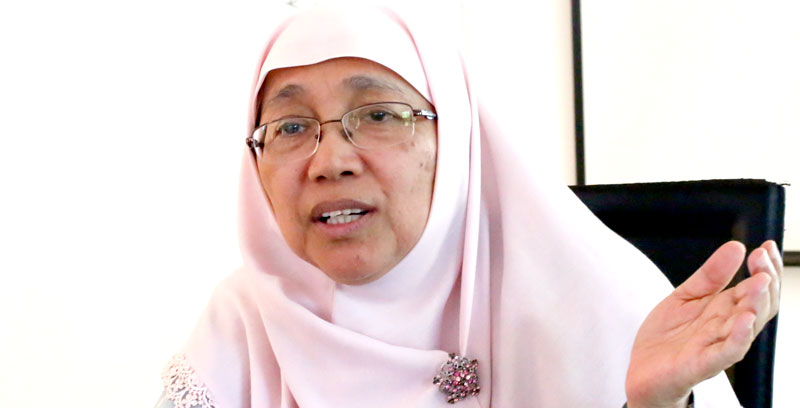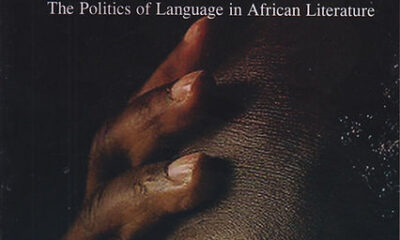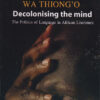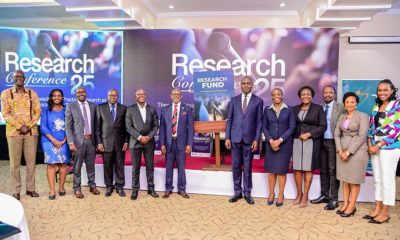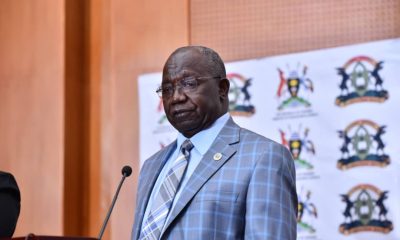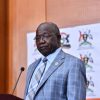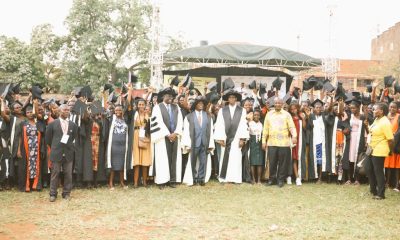Education
“Get Private Sector out of Primary Education”
A Malaysian educationist has advised the government of Uganda to take total control over Primary education if Uganda’s education system is to improve and deliver skilled human resource.
Prof. Dr. Rosnani Hashim of the International University of Malaysia, while addressing journalists recently at the main campus of the Islamic University in Uganda (IUIU), said: “The education system in Uganda is in the private domain. The government needs to take over primary education from the hands of the private sector as a social responsibility in order to develop the sector.”
She added that the Universal Primary Education (UPE) programme, introduced by the government in 1997, had failed to provide quality education partly because many able and influential parents were taking their children to private schools, implying that the UPE schools were not receiving the necessary attention.
“Right now every parent runs to private schools, leaving the government schools, yet these private schools aim at making pupils pass theoretically. They [pupils] don’t understand what they have learnt,” Hashim added.
The UPE programme was introduced following a political commitment by President Museveni that the Government would meet the cost of primary education of four children per family.
The UPE’s main objectives are to provide the facilities and resources to enable every child to enter and remain in school until the primary cycle of education is complete, make education equitable, ensure that education is affordable to the majority of Ugandans and reduce poverty by equipping every individual with basic skills.
A recent World Bank report, Facing Forward: Schooling for Learning in Africa, however, states that Uganda’s education is struggling with poor quality and low retention of learners in schools.
Thorough investigation necessary – Fagil Mande
Education consultant Fagil Mande, a former Board Chair of the Uganda National Examinations Board (UNEB), says, however, that the issue is far beyond what Prof. Hashim states.
“The government needs to first investigate what exactly is wrong with Uganda’s education system. If among the solutions is removing education from the private sector then it is ok,” Mande said in a telephone interview.
He said that the solution could lie in the government coming up with a clear policy in education to be followed by the private sector.
“Uganda right now is a mixed economy.
We are living in a liberalized economy where the private sector is free to participate in the production of goods and services. And the question is; does the government have the money to provide for education?” Mande said.
He said that there were problems with education in both private and government schools. “For example both private and government schools don’t teach physical education, currently there are some government schools that charge even higher than private schools,” Mande said.
Who is Professor Dr. Rosnani?
Professor Dr. Rosnani Hashim is a Professor of Social Foundations of Education at the International Islamic University Malaysia (IIUM). She founded the Centre for Philosophical Inquiry in Education in 2006, which has now been transformed into the Centre for Teaching Thinking (CTT). She is currently the Director of the CTT. Her areas of interest include education from the Islamic perspective, education in a multi-cultural society, moral, religious and civic education, Malaysian education policy, Islamic educational thought and the pedagogy of philosophical inquiry. Prof. Rosnani has contributed extensively through her writings in the areas of her interests in the form of books, book chapters and journal articles.
Comments



